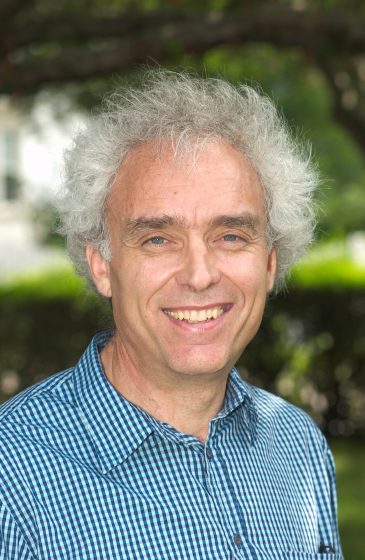Aloha SMM Members-
The Society for Marine Mammalogy began its journey some five decades ago. Our first focus was bringing marine mammal professionals together on a regular basis to share our science- thus our biennial conferences were born. Following that publication of Marine Mammal Science, our flagship science product, was started to disseminate our science to the world. Over the years, our membership has grown as has the number of services we provide. These include small grants in aid of research, student and international researcher travel support, a variety of awards, presidential letters on conservation issues, ethics reviews on research, podcasts, and much more. All of these with the intent to improve the science and conservation we do, promote the exchange of ideas, and build a more global and inclusive membership.
The need for a strategic plan
This evolution has largely been organic and done one piece at a time. The SMM is now older and larger and we are facing a number of challenges, needs and opportunities that stand between us and being of greater value to our members and the animals that bring us all together. Many of these opportunities to improve or provide more support to our members require financial investment of our relatively limited resources. So, we must be strategic and prioritize the most important actions moving forward. To do this we are going to tackle our first ever strategic plan. Some of you might not be familiar with what strategic plans look like. Here are examples from other scientific societies such as the Society for Conservation Biology or Ecological Society of America. Our ambitious plan will be to have a final draft of the strategic plan ready for membership vote for our April ballot.
Get involved
We want to include the membership in multiple steps of this strategic planning process. This has to be OUR plan so please help to shape it. Please share your ideas for goals and actions that the Society should undertake. Goals and actions are defined as:
Goal: This is generally a higher level objective that would have several more specific actions nested underneath. While it should be broad it must be concrete and achievable.
Example: Increase the accessibility of our Society and Science.
Action: This is a very specific and measurable activity that helps to achieve the goal it is intended to support.
Example: Move all or part of the biennial conferences into a digital format to allow for greater participation globally.
We would like to capture a long list of ideas from the membership to help us find common themes and actions. You can submit your ideas in the comments below or by email. This page will always remain open for submission but we would like to encourage people to share their ideas by September 14, 2020.
The second way to participate is to volunteer to help with the strategic planning team. Once we have settled on some priority goals we will be identifying actions, measures of success, and timelines. Many hands make light work and this is a great opportunity to help shape the future of the SMM. For everyone that has been asking how to get involved, well here is your chance. If you are interested in participating send me an email with a short description of your particular interests. We may not be able to accommodate everyone depending on the level of response.
Thank you in advance for your contributions. If you have any questions please comment below or email me.
Be safe, be well.
Charles
Twitter: @himonkseal




